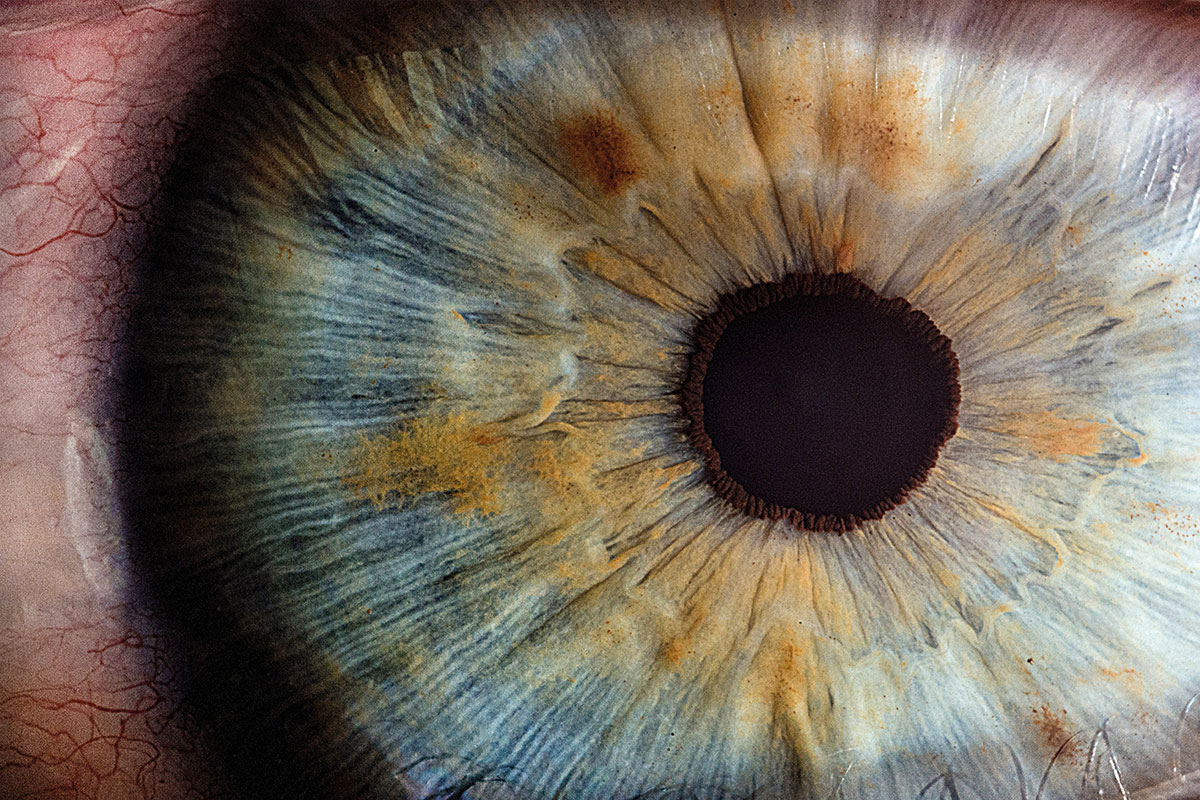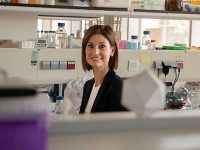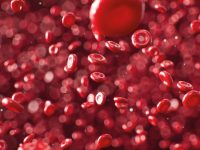
Blade Runner is one of the must-see fantasy and science fiction films. Not only because of the music by Vangelis or the oppressive, disturbing, and dreamlike atmosphere of many scenes; what strikes me most about Blade Runner is that it makes me reflect on what defines us as human beings. The big philosophical question that the film brings to the table is: what is the difference between a human being and a replicant? Replicants have been created in a laboratory, specifically designed to fulfil a certain function, but they are made up of human cells and are equivalent to a human being. They think independently and have feelings like humans. Yet they are not considered human. So what is it that makes us human?
«We could say that being human implies having a brain with human consciousness, but this definition has no discrete and precise boundaries»
Biotechnological and biomedical advances have brought this question back in force. We find opinion and reflection articles in scientific journals rethinking the bioethical and legal boundaries of humanity. The frontiers between human beings and other living beings, between living humans and dead humans, between cells that are human and those that are not, are becoming blurred. What defines us as humans? What is human and what is not human? In terms of the laws that govern our lives, it is crucial to define whether what was once «something» has become «someone». To give an example, if we could one day generate a new viable embryo from induced pluripotent cells obtained from the skin of a human, would it legally be a human embryo? If a chimeric embryo is generated from human and chimpanzee cells, or a pig is created that carries a heart developed entirely from human cells for use in xenotransplantation, what status do they have? Are they human, non-human animals, or some kind of organism with a quasi-human identity?
We find new terminology, such as human identity, belonging to the human family, or common genetic human heritage, because, depending on the context, talking about what it is to be human is complex and full of inconsistencies. We could say that being human implies having a brain with human consciousness, but this definition has no discrete and precise boundaries. A foetus has no consciousness, but it has an entity beyond a conglomerate of human cells, and we consider it a human. A person in an irreversible coma, despite not having consciousness, is also human. Or in another context, an anencephalic baby is also considered human, despite having much less consciousness than a chimpanzee, a dolphin or a dog. Therefore, having consciousness does not define what it is for us to be human. We could use the genetic context and determine that a human is defined by having a human genome. But the fact remains that there is no such thing as «the human genome»: there are millions of human genomes, because human genetic identity is a continuum of sequences and variants. To begin with, we are not a pure species, there are some humans whose genome is partly inherited from Neanderthals, Denisovans or other hominins. In fact, there are humans who have completely new genome fragments that we do not yet know about and have never been described before; other humans have a different number of chromosomes, or are missing a chromosome (all or part of it). Yet we still consider them human. Conversely, a cell in our body may contain our entire genome, it is human, but it has no category or legal status as human, whereas a person with a xenotransplanted pig heart, with DNA cells from different species, we do consider human.
In the end, we grant human status to what we consider to be substantially human, but what does this human substantiality imply? What does it mean to be human?





